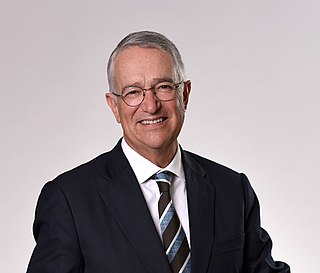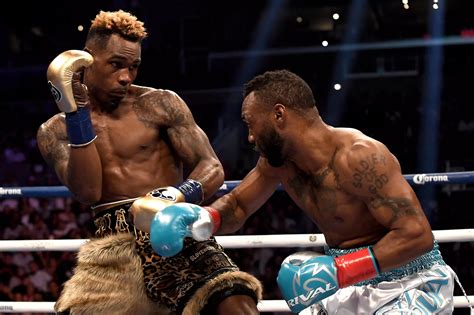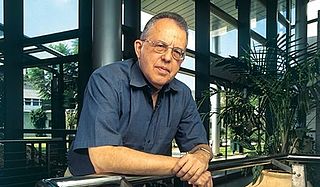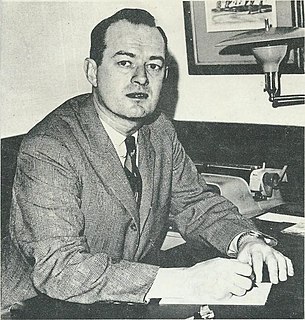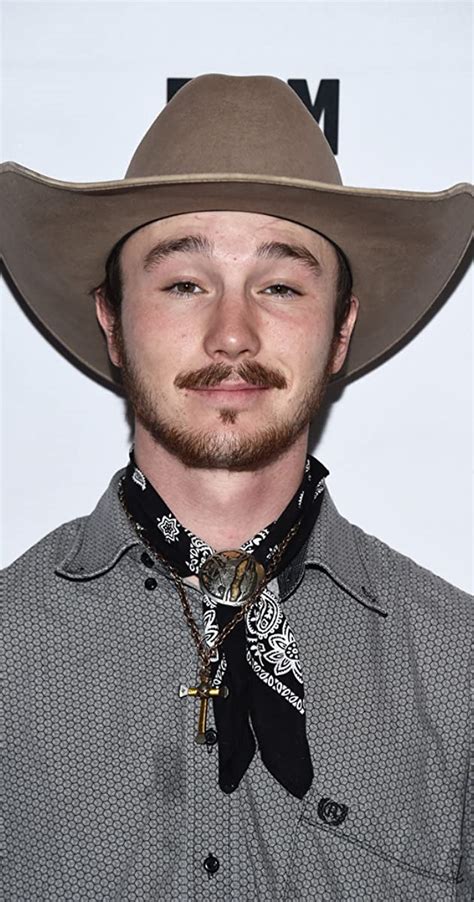A Quote by Ricardo Salinas Pliego
Chiapas has had its problems for many centuries. The different Indian tribes that live there have always fought among themselves.
Related Quotes
One was a horrible case called Oliphant v. Suquamish Indian Tribe which denied tribes the right to criminally prosecute non-Indians who commit crimes on their reservations. That decision has had horrible consequences for law enforcement on Indian reservations. But in that opinion Justice William Rehnquist cites language from the 1830s to explain why whites didn't trust tribes to exercise criminal jurisdiction. They were savages.
So what? A lobbyist cheated Indian tribes out of $25 million then laundered their money through phony Christian charities trying to stop other Indian tribes from getting casinos [on screen: 'Thou Shalt Not Compete'] and bribe congressmen in the process. Know what I call that? I call that business as usual in Washington. [on screen: 'Screwing Indians']
Many people who live in big countries like ours thought that we had resources that would work for us for many, many years, but that was a mistake. Our natural wealth corrupted us. In this country, you were among the first to raise environmental issues. In Russia, despite all of its problems today, people are concerned about the environment, and it's become a central issue on the agenda.
They fought on with a devotion which would puzzle the generation of the 1980s. More surprising, in many instances it would have baffled the men they themselves were before Pearl Harbor. Among MacArthur's ardent infantrymen were cooks, mechanics, pilots whose planes had been shot down, seamen whose ships had been sunk, and some civilian volunteers.
I had an Indian face, but I never saw it as Indian, in part because in America the Indian was dead. The Indian had been killed in cowboy movies, or was playing bingo in Oklahoma. Also, in my middle-class Mexican family indio was a bad word, one my parents shy away from to this day. That's one of the reasons, of course, why I always insist, in my bratty way, on saying, Soy indio! - "I am an Indian!"
